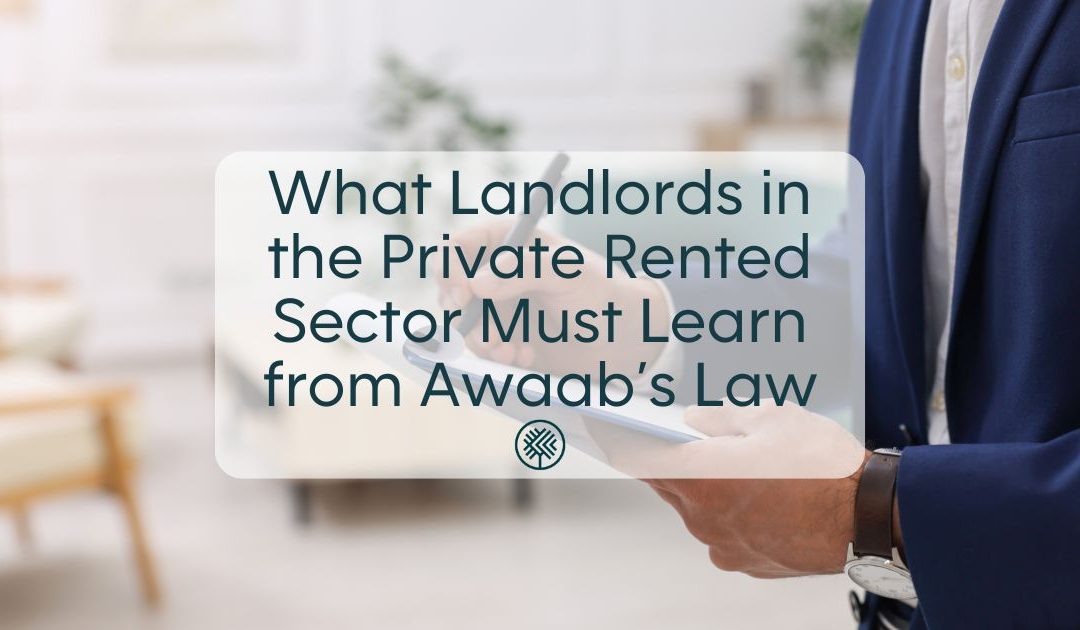Awaab’s Law, introduced under the Social Housing (Regulation) Act 2023, follows the tragic death of two-year-old Awaab Ishak in 2020 due to prolonged exposure to mould. The legislation enforces strict new timeframes for tackling serious hazards in social housing, but private landlords should take note — these expectations are likely to extend to the private rented sector (PRS) in the near future.
What Does Awaab’s Law Require?
From 27 October 2025, social landlords must:
-
Investigate emergency hazards (e.g. severe mould or leaks) within 24 hours
-
Assess other significant hazards (such as damp and condensation) within 10 working days
-
Provide a written summary of findings to the tenant within 3 days of the assessment
-
Begin repairs within 5 working days, or sooner in emergency cases
-
Offer suitable alternative accommodation if tenants need to move during the work
These rules are aimed at ensuring tenants are no longer left living in unsafe conditions, and that complaints are acted on swiftly and professionally.
Why This Matters to Private Landlords
Although Awaab’s Law currently applies only to social housing, the Renters’ Reform agenda strongly suggests that similar expectations will soon apply to the private sector. The Decent Homes Standard is expected to be updated and extended to include PRS landlords, with enforcement by local authorities and compliance being monitored more closely.
Key areas of focus include:
-
Damp and mould
-
Disrepair and delayed maintenance
-
Lack of adequate heating or ventilation
-
Clear response times and accountability
What You Should Do Now
With regulatory changes on the horizon, private landlords would be wise to adopt these standards now — both as a matter of best practice and to future-proof their rental portfolios. We recommend:
-
Proactively inspecting properties for early signs of damp, mould or condensation
-
Keeping clear records of tenant complaints and the actions taken
-
Reviewing and updating maintenance procedures and repair timeframes
-
Ensuring tenants know how to report issues and receive timely responses
-
Working with a professional managing agent who can ensure legal compliance and swift resolution of problems
Consequences of Inaction
Failure to act on known hazards could lead to:
-
Enforcement action by local authorities
-
Compensation claims or legal challenges from tenants
-
Fines, rent repayment orders, or bans on letting properties
-
Reputational damage and reduced tenant confidence
Oakfield’s Advice
Whether you’re a portfolio landlord or renting out a single property, the message is clear: prioritising property condition and tenant wellbeing is no longer optional — it’s essential. Awaab’s Law is a wake-up call for the entire housing sector. By taking early action and treating these measures as a benchmark, PRS landlords will be in a strong position to navigate upcoming changes confidently.
If you’d like to review your property’s compliance or need help managing maintenance and tenant communication, our lettings team is here to help.
Contact Oakfield today to discuss how we can support you, check out our contact details here.

